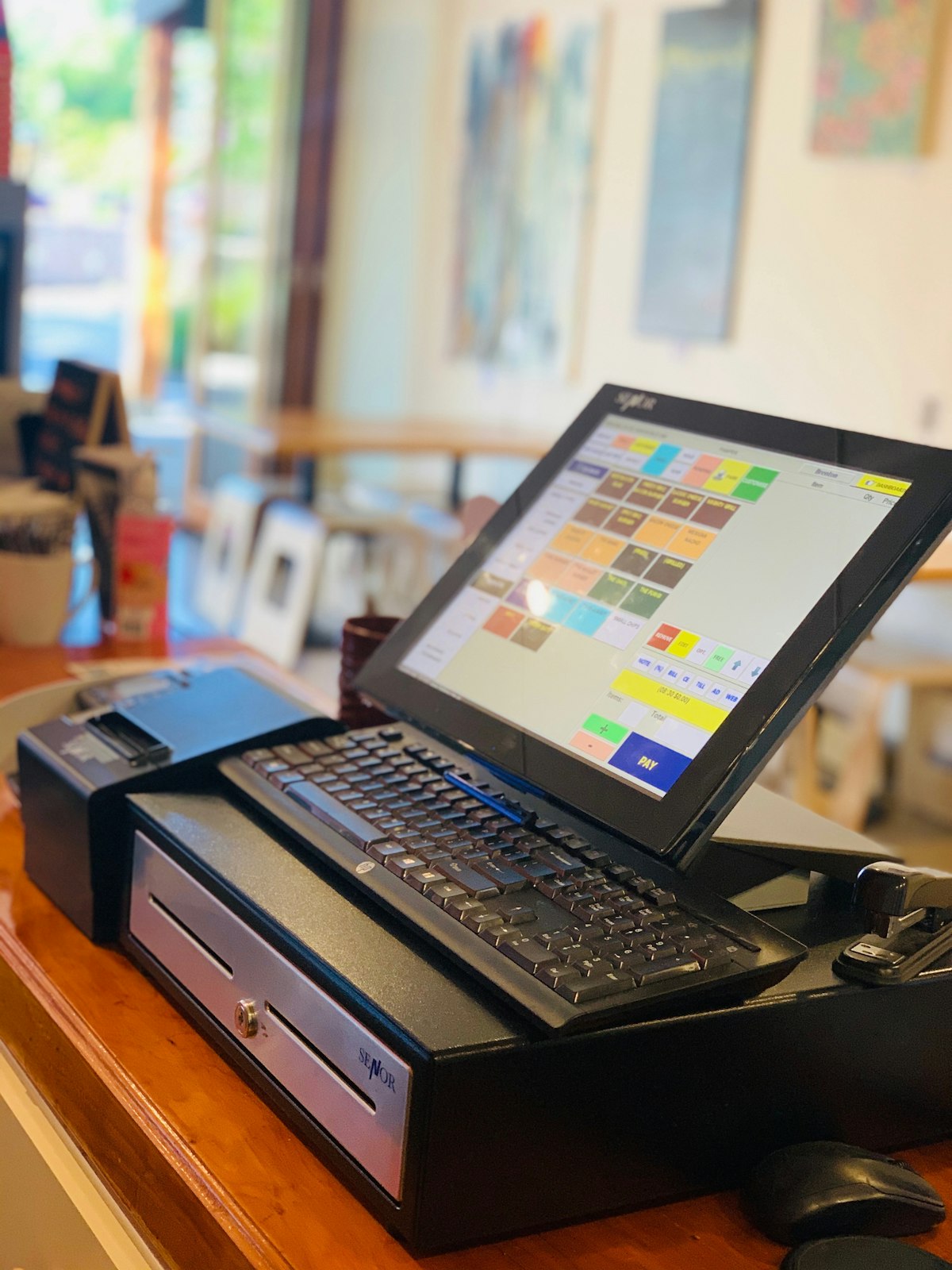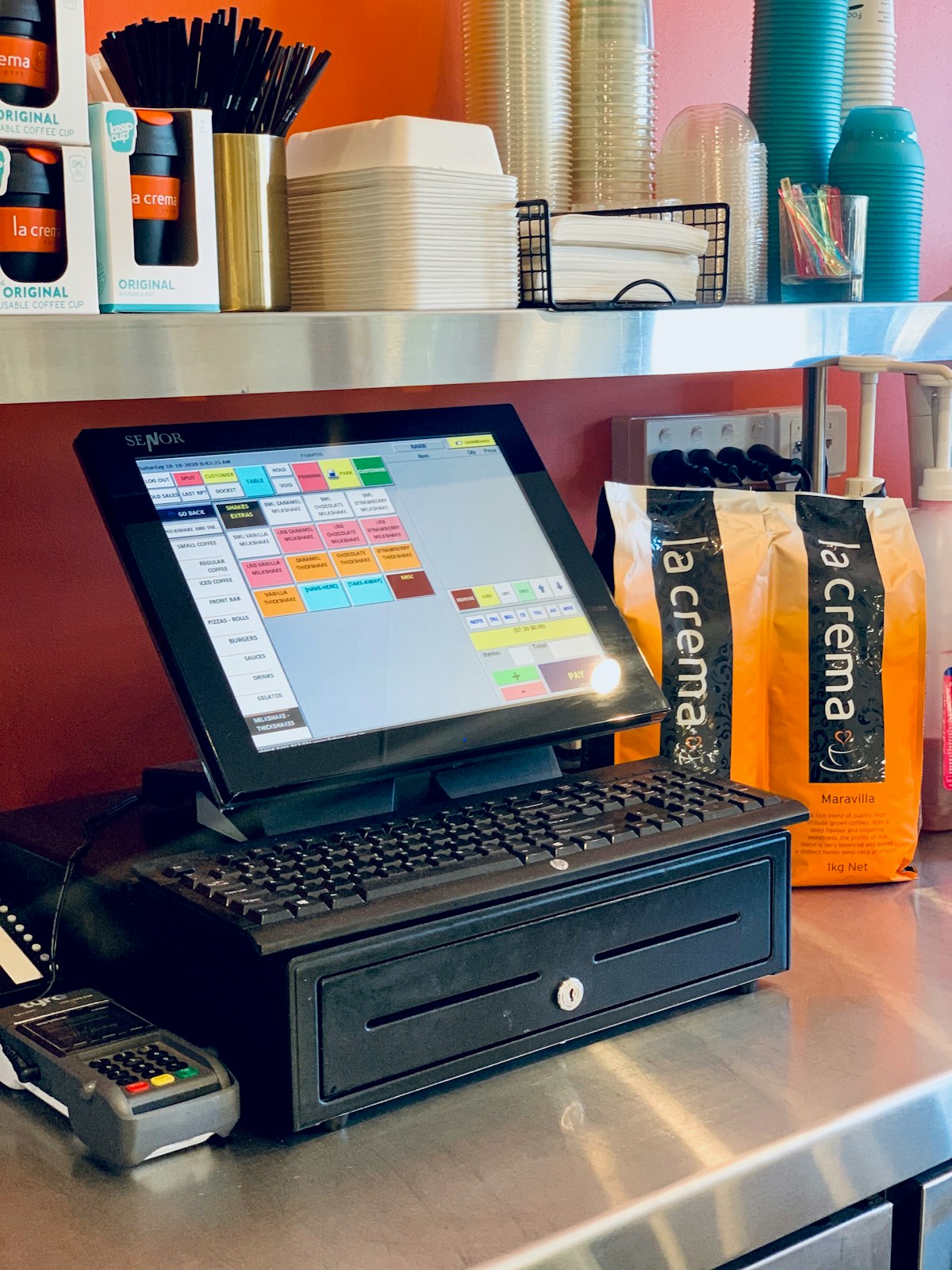
POS System for Small Businesses
Choose the Right Retail POS System for Small Businesses
It is important to know what system best suits your needs when choosing the retail point-of sale system (POS). A POS system that performs all the functions you need is the best. A POS system can help increase profits by providing a fast and reliable checkout process, detailed sales reports, and integrated profit-enhancing programs like loyalty programs, coupons, and special discounts.
To help you choose the right POS system for you, here are some key features:
Identify your business's needs. A POS system can improve efficiency and reduce the amount of work required. A retail system should speed up customer service. Some systems are more suited to handling large quantities of products and thousands in transactions, like department stores.
Another thing to consider is:
- Is the credit/debit card processing system and accounting program compatible with the merchant account?
- Are there real-time reports possible?
- What reporting capabilities are you looking for?
- Is training provided by the POS provider?
- Do you have the ability to quickly make changes to your system? Do you have operations that are spread over multiple locations?
- What support is available if your POS system goes down?
Select a Reputable Company. Research the POS provider. Reputable companies are trusted by the business community and are trustworthy. Referrals should be provided, as well as warranty protection and assistance with incorporation. All software, hardware, and service should come from the same company. This will prevent future issues when trying to resolve any glitches. A deal may be available.
Understanding the costs and creating a budget: Prices for POS systems vary. Before you begin shopping for a POS, you should determine how much you are willing to spend. Software, point-of sale terminals, peripheral devices and back-office servers are all important requirements. Training is also a must. The price range for a POS system varies depending on how big your business is.
Talk to Other Businesses. It is a good idea to speak to other businesses in your local area about their POS systems. You can get a candid assessment from them about their experience with the system, and they will also be able to offer valuable buying tips.
Demo Purchase: A Demo allows a business the opportunity to see the system in action before purchasing. It should be able to adapt to the company's needs.A POS system that works for you is the best. Before you make a purchase of a POS system, it is important to consult a technology consultant. Consulting can help you evaluate the pros and cons of each system. POS systems are more efficient and provide better reporting. This will make the investment worthwhile quickly.
Retail POS Systems that can be used online may work
Retail POS stands for point-of-sale and refers to the place where the sale was made and the payment received. A point of sale is the checkout stand. Original sales checkout mechanisms were as primitive as pencil and paper, and possibly a ledger for credit that was extended by merchants.
Initial computerized POS systems were heavy and expensive. The software for reporting and checkout was designed specifically to work with a particular manufacturer's machine. Only retail giants could afford both the software and hardware. To add another checkout point to the store, new hardware needed to be purchased directly from the manufacturer.
Interoperability between point-of-sale systems is now possible. Many retailers cannot afford the hardware and software required to connect them. Smaller retailers are unlikely to be able to afford a custom system.
Checkout the best retail POS system for small business - https://agrtech.com.au/business/best-retail-pos-systems-for-small-business/Point of sale software that is remotely hosted makes it easier for smaller businesses to use and more affordable. Access is as simple as a browser. It can also be connected to a cash drawer, a credit card machine, and even a printer. This makes it easier to predict costs and allows software as a service to be charged a flat fee.
The web-based point of sale software options are not limited to the many choices available to retailers. While some can be used with a wide range of browsers, such as Opera, Safari, and IE; others may require more specific features. To narrow down the options, the retailer should create a checklist of features that will help him determine the cost and viability of remote hosted inventory, cash management, and sales software.
When choosing a reporting and checkout software, cost is an important factor. Fixed costs are preferred by most businesses because they can be budgeted the same way as the mortgage and payroll. Many retailers consider inventory control reports to be a high-priority feature when using these systems.Remotely hosted merchant systems need a browser and active internet connection to be used. It is important to consider the reliability of the internet connection within the area. However, in these modern times most connections are reliable. The merchant should be aware of the browser type they intend to use and make sure it is compatible with the system.
Many merchants and stores need to be able to accept credit cards or debit cards. Some internet-based POS systems require a credit card gateway provider to which they are connected. This could limit the merchant's options. Others systems might allow more flexibility with processors or perform only a recording- and reporting function.The web-based retail POS system may not be right for every business. Remotely-hosted software solutions are usually aimed at small- to medium-sized businesses with smaller budgets and fewer transactions than the big players in the field. This type of system is able to eliminate the need for expensive hardware, and it can also make it possible to switch providers because of its proprietary nature.
The 6 Best POS Systems for Small Business in 2022 (investopedia.com)

